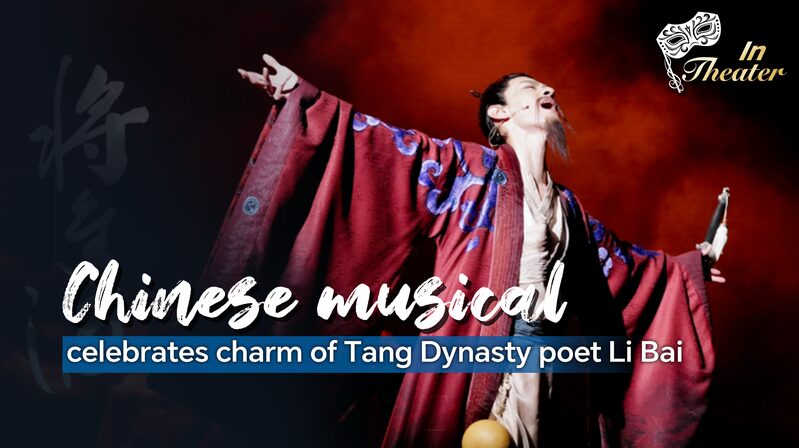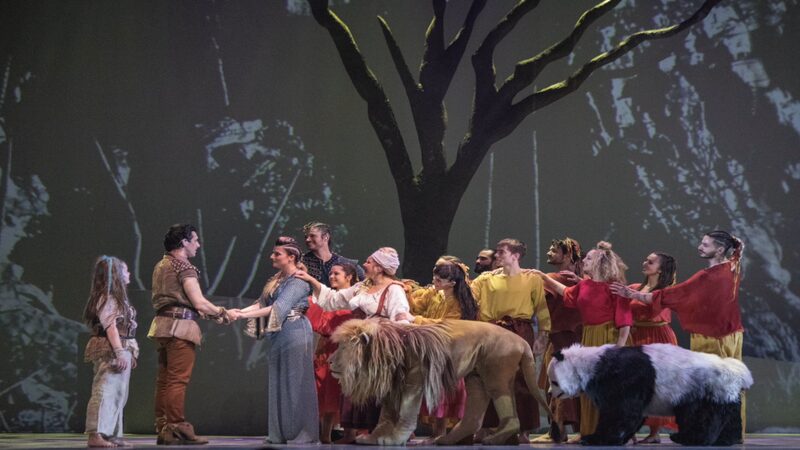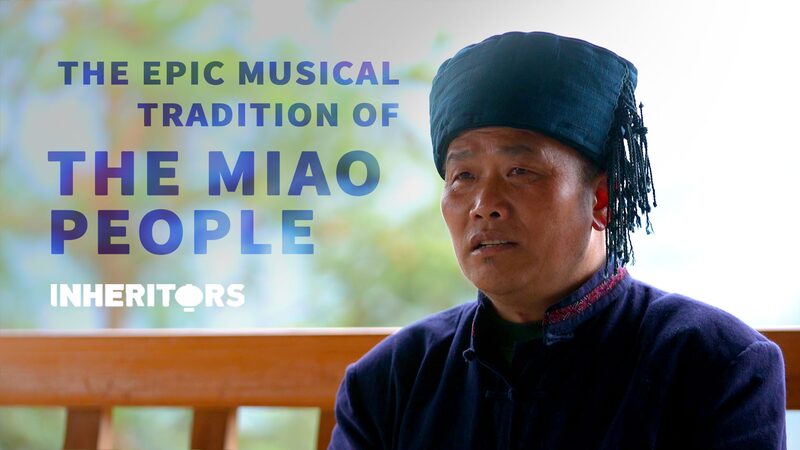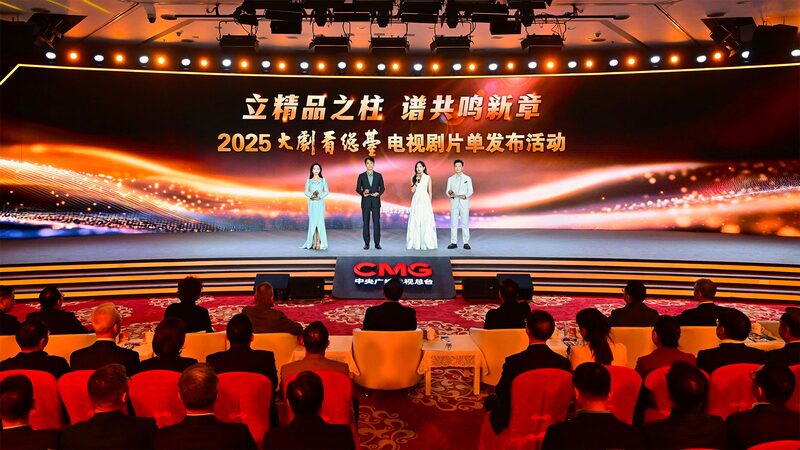Set against the stark beauty of Italy's Trentino Alps, Vermiglio—a collaborative European drama by director Maura Delpero—has emerged as a cinematic triumph, winning the Grand Jury Prize at the 81st Venice International Film Festival. This visually arresting film weaves a haunting tale of wartime displacement and patriarchal constraints through the journey of Lucia, a shepherd's daughter navigating betrayal and societal judgment.
The story unfolds as Lucia (played by an undisclosed lead actress) defies her authoritarian father to search for her missing husband in post-war Sicily, only to confront a devastating truth about his double life. Delpero's decision to forgo traditional musical scores in favor of raw alpine acoustics—crumbling snowbanks, whistling winds—immerses viewers in the protagonist's emotional isolation.
Cinematographers have drawn particular attention to the film's treatment of the Alps as both setting and metaphor. "The mountains become a character," noted one festival juror. "Their seasonal transformations mirror Lucia's journey from wintery despair to fragile hope."
Beyond its aesthetic achievements, Vermiglio has sparked academic discussions about its unflinching portrayal of gender dynamics in post-conflict societies. The film's exploration of how war amplifies patriarchal structures—particularly through Lucia's reduced social standing after her husband's betrayal—resonates with contemporary global conversations about women's agency.
For travelers and culture enthusiasts, the film serves as a compelling visual guide to alpine landscapes, showcasing lesser-known valleys and glacial formations that tourism boards are now promoting as "Vermiglio trails."
As European arthouse cinema continues gaining international traction, Vermiglio stands out for its ability to balance poetic storytelling with sociohistorical commentary—a testament to Delpero's vision and Italy's enduring influence on global film culture.
Reference(s):
cgtn.com








